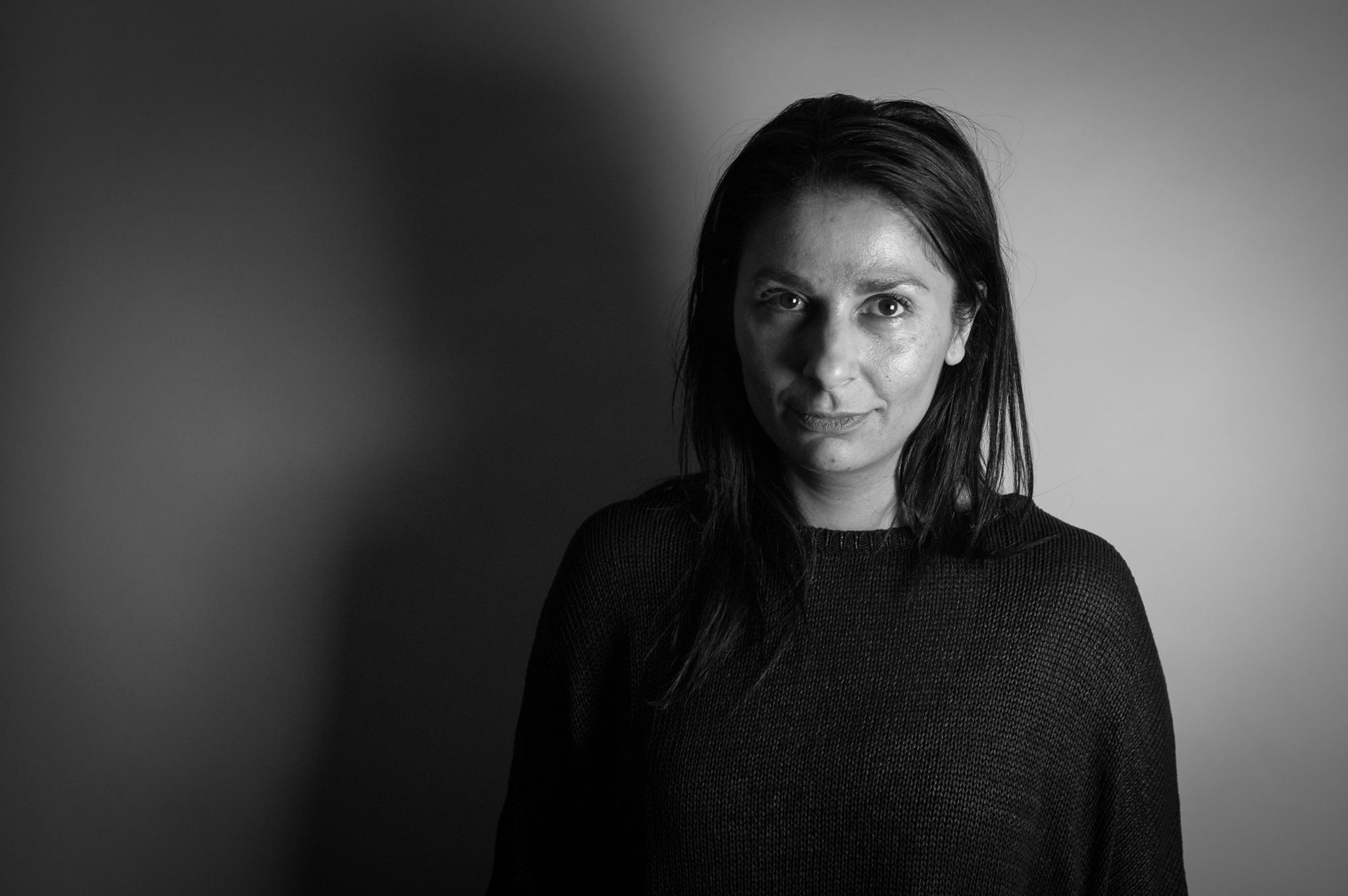Afraid of being labeled as a self-pity-excuse of a woman, I still want to have my say in the #MeToo movement. Because I too have experienced sexual assault, been objectified and called things that I didn’t feel comfortable with.
When we write #MeToo, it is not a matter of calling special attention to our individual personal experiences, but to draw attention to how widely a phenomenon of sexual offenses is. They make up the normality. However, it is not possible to create a collective movement if we don't voice our individual experiences as well.
My personal experience is, like many others, work related.
I work in the field of photojournalism, which is a pretty monochromatic experience. Older white men have dominated the industry since its inception.
For me the beginning was tough. If you were not sleeping with the boss, you certainly became the victim of sexual jokes and sexist remarks. Sadly, this was and is the norm in many places.
#MeToo has given me the tools to express myself and develop an understanding of why I have felt uncomfortable talking about my time as an photo assistant for so long. I have always felt that I wasn't good enough, humiliated because of lack of my skills and experience. But now I see that it wasn't about me as a person, but about me as a woman.
We look up to the patriarchal white cis-gender males in most scenarios, but there is something even more magical about the men who goes to war, not to kill, but to document the atrocities and prove their manhood by being so close to death. For this show of ‘courage’, we shower them in prizes and admiration. This power enables a pattern of discriminatory behavior towards the female underdogs. Power is the privilege of the offender and as the less privileged assistant, female person of color, I suffered immensely. And not before #MeToo have I had the courage to speak up.
As I squat the spare bedroom in my friends' flat, saving my pennies so I can go and do yet another self-funded story, my offender will speak in front of 1600 guest from a national stage. 1600 men and women thinking that this man is a national hero and the advocate of the weak and vulnerable. I find it ironic that this will play out on a stage build for theatre; The man that fanatically sang the racist hooligan slogan "Let's go whites" in my face, the man that asked me to get a dick tattooed in between my breast with cum up my neck, the man that tried to dress me as a Afghan refugee to sell a (fake) story on torture, the man that constantly talked about how he was "going to fuck the life out of all the bitches" and the man that never paid me a salary.
Looking back, I, like thousand of other women in the same situation, ask myself, why did I put up with this and why did I stay in the job? I did contact my union at one point, but it was a very brief conversation. They told me that there is not much to do in these situations, I had no evidence. I called an editor of a big national newspaper who had known him for years, and he had also witnessed some of the verbal assaults, but he told me that's just the way it is.
I had no professional experience in Denmark, I didn't want to ruin my name in the business, so did what I thought was right, I continued in my job, held my head high and learned to live with it. In order to survive and keep my name clean, I joined the little boys club where men are men and female assistants shut up and eat dirt.
But it’s time to stand up to the machismo in the photojournalism industry. I hope that my coming forth with my experience will give other people in the industry the courage to do the same. To come forth with your experience, to stop being ashamed and start putting the blame where it belongs: With the people assaulting and harrassing us.
I hope that editors and journalist in our media landscape will start taking the actions of their admired photojournalists seriously; if you witness this kind of behaviour, speak up. And don’t hire them until they’ve cleaned up their act. Give the space to some of the people they’ve been treating like dirt and taking advantage of for years instead.
And for the photojournalist in the boys club, whether you are behaving like this or condoning the machismo with your silence: This is a problem of your creation, and its your responsibility to change.
